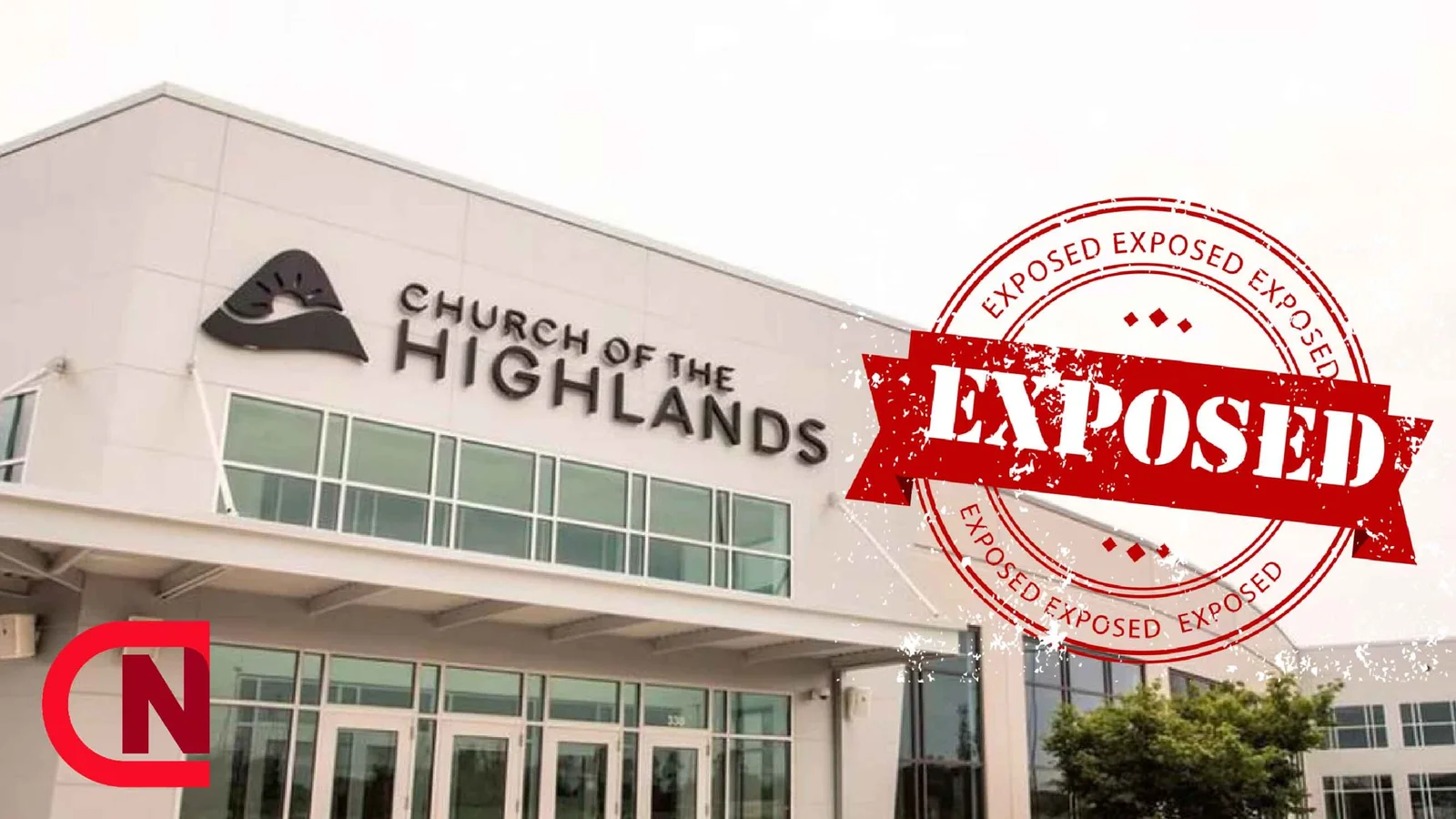Business
Church of the Highlands Exposed: A Deep Dive
Published
6 months agoon
By
Admin
Church of the Highlands, based in Birmingham, Alabama, is one of the largest and fastest-growing megachurches in the United States. Founded in 2001 by Chris Hodges, it has expanded its reach both within the U.S. and internationally, boasting a large congregation and multiple campuses. Despite its success and popularity, the church has been the subject of controversy and scrutiny over the years. This article delves into the various aspects of Church of the Highlands, examining its growth, controversies, and the issues that have surfaced.
Founding and Growth
Chris Hodges founded Church of the Highlands with a vision to create a church that was both modern and relevant, aiming to reach a broad audience. The church’s growth has been meteoric, with its current membership estimated to be over 50,000. This expansion has been supported by its innovative approach to worship, including dynamic sermons, contemporary music, and a strong focus on community service.
Controversies and Criticisms

Despite its outward success, Church of the Highlands has faced various controversies and criticisms. These concerns range from financial practices to allegations of authoritarian leadership. Here are some of the key issues:
-
Financial Transparency
One of the major criticisms leveled against Church of the Highlands is related to its financial practices. Critics argue that the church lacks transparency regarding its financial operations. Questions have been raised about how donations are used, and there have been calls for greater accountability in reporting church finances. The church has faced accusations of mismanaging funds or using them in ways that benefit the leadership disproportionately.
-
Leadership Style
Church of the Highlands has been criticized for its leadership style, particularly the centralization of power around Chris Hodges. Critics argue that this approach creates an environment where dissent is not tolerated and where decision-making is overly concentrated in the hands of a few individuals. This style of leadership has led to accusations of authoritarianism and a lack of genuine accountability within the church hierarchy.
-
Doctrinal Concerns
Some critics have raised concerns about the church’s doctrinal positions and teachings. The church is often associated with the prosperity gospel movement, which emphasizes material wealth and success as signs of divine favor. This theology has been criticized for its potential to exploit vulnerable individuals and for its divergence from traditional Christian teachings on wealth and poverty.
-
Handling of Sexual Misconduct Allegations
The Church of the Highlands has faced allegations related to the handling of sexual misconduct claims. There have been accusations that the church mishandled or inadequately addressed reports of inappropriate behavior by staff or leaders. This has led to questions about the church’s commitment to creating a safe and accountable environment for its members.
-
Use of Media and Technology
The church’s use of media and technology to reach a wider audience has been both praised and criticized. While its modern approach has attracted many followers, some critics argue that the church’s heavy reliance on media and technology may contribute to a superficial understanding of faith and diminish the importance of personal, face-to-face interactions in religious practice.
Support and Defense
Despite the controversies, Church of the Highlands also has a strong base of supporters who argue that the church has had a positive impact on many lives. Proponents point to the church’s extensive community outreach programs, support for local and global missions, and the personal transformations experienced by many members. They argue that the church’s innovative approach to worship and community engagement has been instrumental in reaching individuals who might otherwise be disconnected from traditional church settings.
Conclusion
The Church of the Highlands, like many large organizations, is a complex entity with both positive attributes and significant controversies. Its rapid growth and influence in the religious landscape make it a significant case study in the dynamics of modern megachurches. While the church has undoubtedly made a substantial impact on its members and the broader community, it also faces ongoing scrutiny and criticism that must be addressed for it to maintain its credibility and effectiveness.
As with any organization, especially one with such a prominent public profile, it is important for both supporters and critics to engage with the facts and concerns critically and constructively. This balanced approach can help ensure that the church continues to contribute positively to the lives of its members and the broader community while addressing and rectifying any areas of concern.
Also read 7 Questions on pest control that everyone must know
You may like

Efficient ACA Compliance Management with ACA-Track

Key Software Systems: Future-Proofing Courier Operations with Technology

Refrigerated Trailers: Benefits and Uses

100 Dynamic Duos: Legendary Pairings That Transcend Time
ARK: Survival Evolved Game Icons and Banners

cute:i1cdycptg50= drawings

Understanding New York Sports Club Membership: What It Offers and What Affects the Cost

Safety Tips for Compressed Air Dryers

drawing:23vyczbybxu= billie eilish

drawing:056aoyw74ce= rick and morty

How can online food delivery sales increase and attract the maximum number of customers in 2023?

MEP BIM: Revolutionizing Building Infrastructure Design

Revolutionizing Industries with ChatGPT

Resolving the Israeli-Palestinian Conflict: A Comprehensive Analysis

Skillful Passion: Wisconsin’s Dominant Volleyball Team

Virtual Reality Rental: A Futuristic Experience

Unlocking the Potential of cryptonewzhub.com Internet

Negin Behazin vs Dignity Health: Comprehensive Comparison

Unraveling the Mystery: Robert Card’s Tragic Passing

iPhone 14 Pro Max: Unveiling the Next Level Innovation

Efficient ACA Compliance Management with ACA-Track

Key Software Systems: Future-Proofing Courier Operations with Technology

Refrigerated Trailers: Benefits and Uses

100 Dynamic Duos: Legendary Pairings That Transcend Time
ARK: Survival Evolved Game Icons and Banners

cute:i1cdycptg50= drawings

Understanding New York Sports Club Membership: What It Offers and What Affects the Cost

Safety Tips for Compressed Air Dryers

drawing:23vyczbybxu= billie eilish



